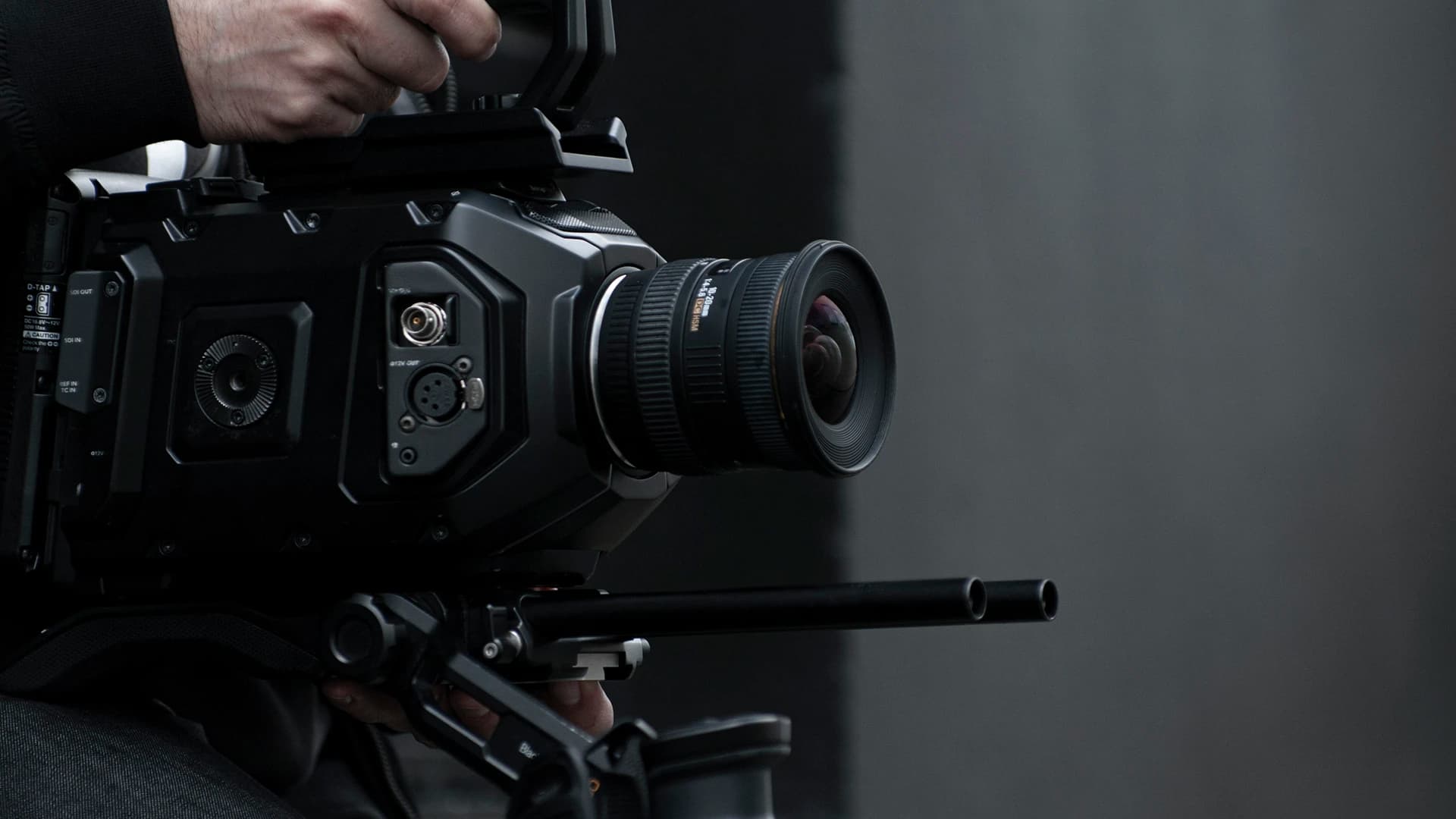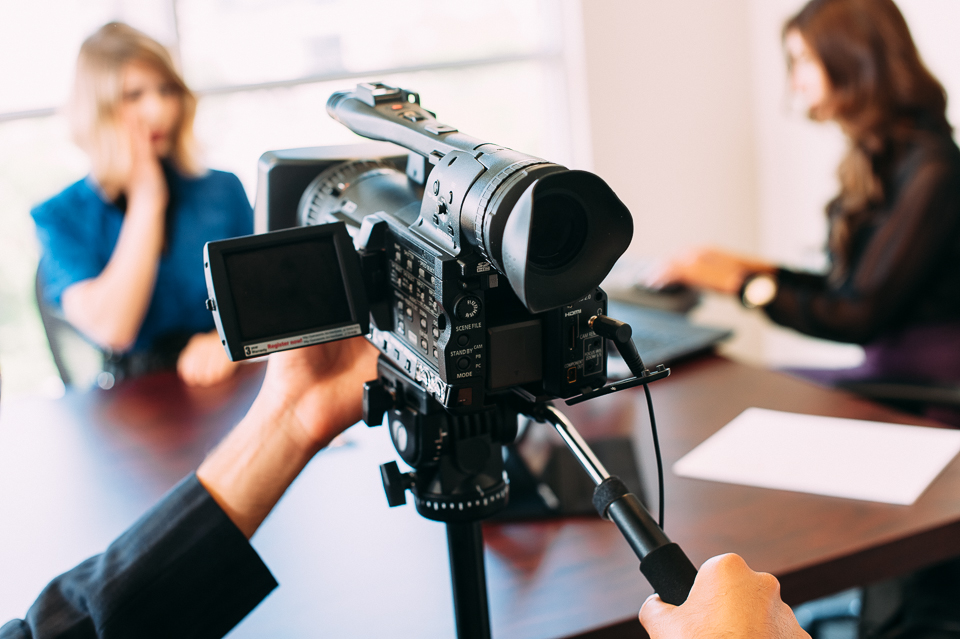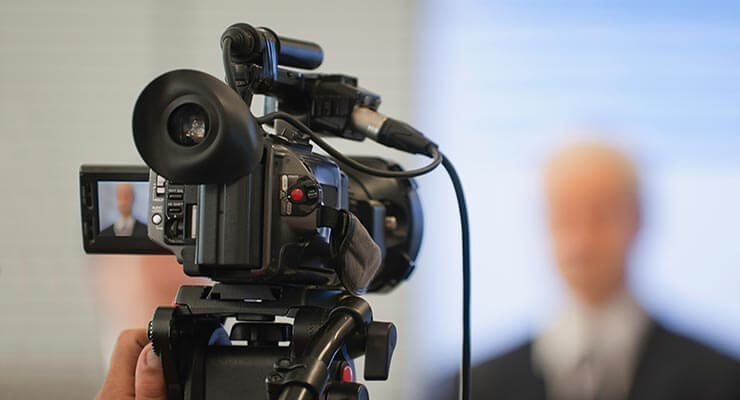Precision-Based Legal Videography for Seamless Evidence Filming.
The Duty of Legal Videography in Depositions and Trials
Lawful videography has actually emerged as a vital tool in both depositions and tests, supplying a diverse approach to recording witness statements. By capturing not just the spoken word but additionally the nuances of non-verbal communication, this tool improves the reliability of testimonies and maintains vital evidence for future process (legal videography). As lawyers significantly recognize its worth, it motivates a deeper assessment of how these aesthetic records can affect juror understandings and trial outcomes. What effects might these developments hold for the future of lawful practice?

Importance of Legal Videography
Lawful videography plays a pivotal function in the paperwork and discussion of depositions and trials. This specific area incorporates technical skills with legal expertise to develop a trustworthy document of proceedings that can considerably affect instance outcomes. The appearance of legal videography boosts the understanding of witness testimony, enabling jurors and courts to observe not just the talked words yet also the behavior, feelings, and body language of the witnesses.
In addition, legal videography gives an objective account of events, decreasing the capacity for false impression that can occur with written transcripts alone. This aesthetic documents offers as a critical tool during trial discussions, assisting in a clearer and more influential narrative for both plaintiffs and offenders. In addition, the capability to replay video segments during court proceedings allows lawful teams to stress bottom lines, strengthening their arguments successfully.
The significance of lawful videography expands past the courtroom; it additionally plays a vital duty in maintaining evidence for future reference, whether for allures or additional lawsuit. Its combination right into the legal procedure is vital for ensuring a reasonable and accurate representation of the realities, eventually adding to the pursuit of justice.

Process of Legal Videography
While catching the nuances of depositions and tests, the process of legal videography includes a number of important actions that ensure top notch, accurate recordings. A specialist legal videographer prepares by assessing the case materials and comprehending the certain needs of the deposition or trial. This preparation includes acquainting themselves with the individuals and the context, which helps in catching important details.
On the day of the recording, the videographer establishes the necessary tools, which commonly consists of high-definition cameras, microphones, and correct lights. Making sure optimal angles and audio top quality is important, as it directly influences the efficiency of the recording. The videographer communicates with lawyers and participants to establish procedures, guaranteeing that every person comprehends the recording process.
Throughout the deposition or trial, the videographer diligently tape-records the process, paying very close attention to both verbal and non-verbal hints. This includes catching the disposition and responses of witnesses and attorneys. After the session ends, the videographer may modify the footage for clearness and conformity with lawful requirements, generating a final item that accurately shows the process for future recommendation and usage in lawful contexts.
Benefits in Depositions
The unification of videography in depositions offers many benefits that enhance the general procedure of gathering evidence. One main advantage is the ability to capture witness statements with aesthetic and auditory fidelity, offering an extra exact representation of the witness's behavior, tone, and body movement. This multidimensional approach allows attorneys and juries to examine reliability a lot more properly than traditional written transcripts alone.
Additionally, videographed depositions serve as an effective device for maintaining testament. Should a witness become unavailable for trial, their tape-recorded deposition can be played in court, making sure that their proof stays obtainable and pertinent. This facet dramatically reduces the risk of shedding critical details that can influence situation results.

Lastly, videography improves the total professionalism and trust of the deposition procedure, instilling confidence in clients pertaining to the thoroughness of their legal representation (legal videography). By leveraging innovation, attorneys can considerably boost the performance of depositions
Effect On Trials
In lots of tests, the assimilation of videography can considerably influence the presentation of evidence and the jury's understanding. Lawful videography records witness testaments and critical evidence in a dynamic format, allowing jurors to engage with the material on multiple levels. This visual component enhances the storytelling aspect of a trial, providing context and emotional vibration that traditional text-based proof may lack.
Moreover, video clip recordings can serve as effective tools for impeachment throughout cross-examination. When discrepancies emerge between a witness's previous statements and their courtroom statement, video proof provides an unbiased reference that can persuade jurors' opinions. This immediacy and clearness can bolster the credibility of a celebration's story while concurrently undermining opposing disagreements.

Future Trends in Legal Videography
As we look toward the future of legal videography, several emerging fads assure to improve its duty within the court room. One substantial fad is the assimilation of expert system (AI) in video clip evaluation and modifying. AI can improve the process of identifying key minutes in videotaped depositions, permitting lawyers to swiftly access appropriate content, thereby boosting performance in situation preparation.
Additionally, the surge of digital truth (VR) and augmented fact (AR) innovations is expected to change just how jurors experience evidence. legal videography. By immersing jurors in a substitute atmosphere, these technologies can provide an extra profound understanding of complex circumstances, resulting in more enlightened deliberations
Moreover, the raising demand for remote depositions, accelerated by the COVID-19 pandemic, will likely proceed. Legal videographers will certainly need to adjust to new click resources software program and systems to ensure high-grade recordings in online settings.
Finally, the growing focus on data safety will require stricter procedures for storing and sharing video proof. As the legal landscape advances, legal videographers need to stay blog abreast of these patterns to keep their significance and performance in the judicial process.
Final Thought
In summary, legal videography offers a critical feature in the judicial process, enhancing the stability of depositions and trials. As innovation proceeds to advance, lawful videography is positioned to more transform its role within the legal landscape.